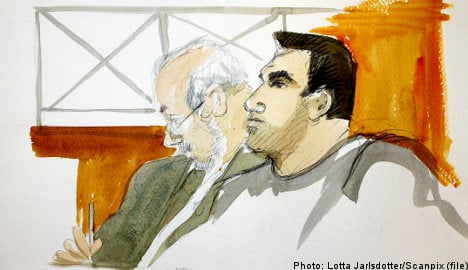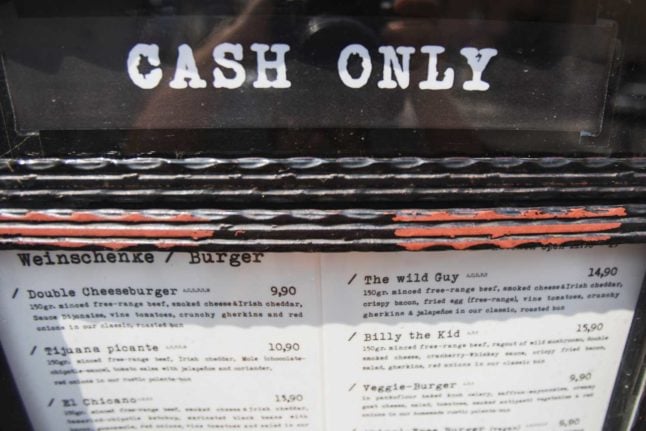“We finished today,” judge Catarina Barketorp of the Södertörn district court told AFP, adding the verdict would be rendered on October 7th.
The court in July charged 10 men on suspicion of aggravated theft and aggravated robbery in connection with the storming of a banknote storage facility in Västberga on September 23rd 2009.
A 31-year-old man charging with playing a role in the spectacular robbery on August 9th admitted to involvement. The other nine suspects all maintain their innocence.
A stolen helicopter landed on the roof of the G4S security firm depot and three armed men smashed their way into the building through the atrium window on the roof.
The robbers then deployed explosives to blast open a series of doors and make their way in to the depot’s cash reserves.
After 20 to 25 minutes, the men loaded up the helicopter and disappeared.
The first of the men and a section of the loot were deposited in the Draget district in the Norsborg suburb, before a second drop-off was made at Kaananbadet beach in the Bromma area.
The abandoned helicopter was later found in Skavlöten to the north of Stockholm.
Only 56,000 kronor ($7,793) of the reported 39 million kronor ($5.3 million dollars cash stolen by the thieves has since been recovered.



 Please whitelist us to continue reading.
Please whitelist us to continue reading.
Member comments